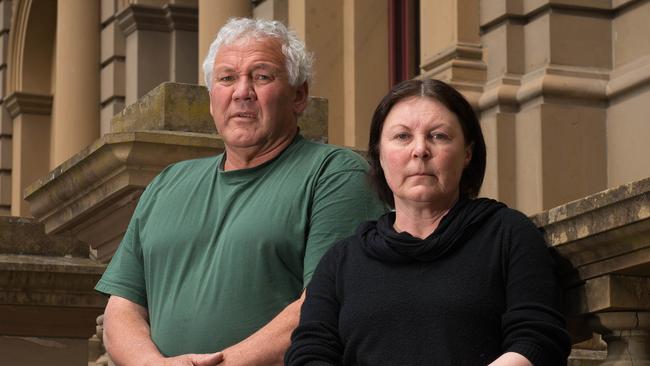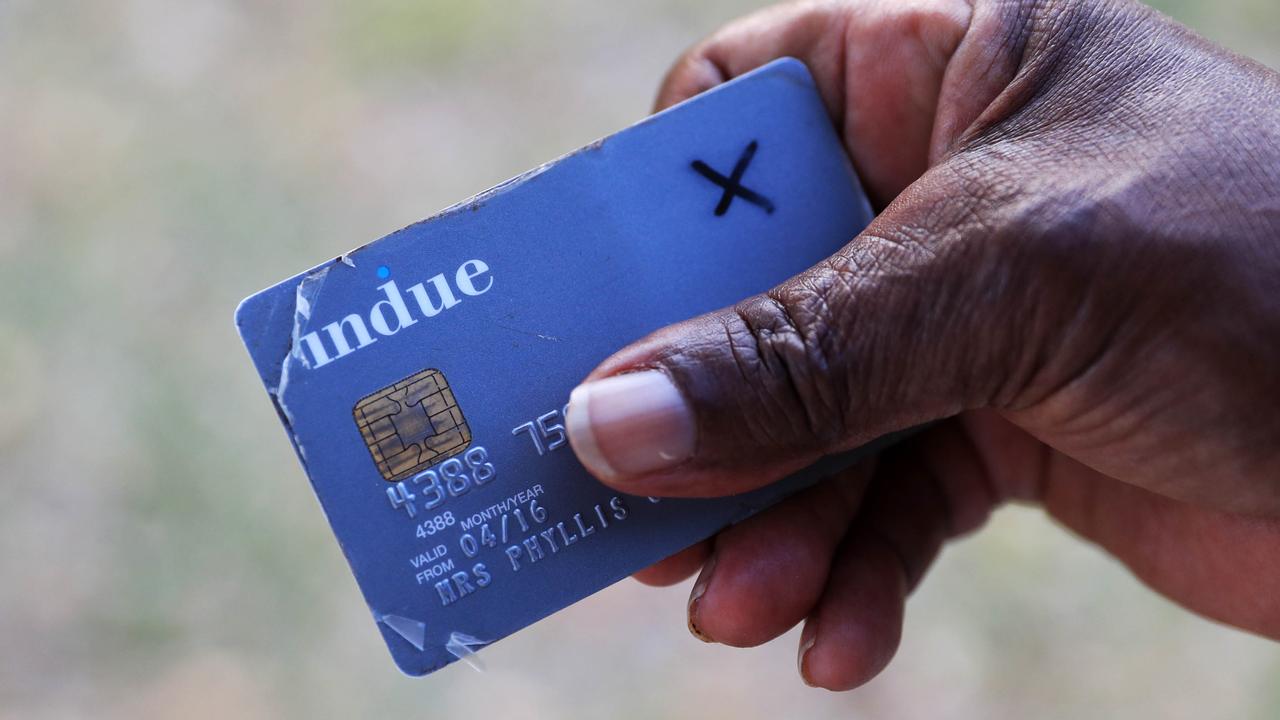Aboriginal referendum boycott as rival group favoured
The push for Aboriginal constitutional recognition has been derailed in Tasmania over the first of a series of summits.

The push for Aboriginal constitutional recognition has been derailed in Tasmania over the handling of the first of a series of summits being rolled out nationally to find indigenous consensus.
A number of Aboriginal groups and leaders have withdrawn support for the national Referendum Council process in protest at a decision to make the Tasmanian Aboriginal Centre host of a regional dialogue summit.
The meeting, to be held from December 9-11, is the first of 12 to be held in all states and territories ahead of a national summit in Uluru planned for April next year.
Despite the well-known tensions in Tasmania between the TAC and other indigenous groups, the Referendum Council selected the TAC as the sole host of the sole meeting in the state. About eight groups under the umbrella of the Tasmanian Regional Aboriginal Community Alliance have been locked in a long and bitter struggle with the TAC for recognition.
The TAC denies the Aboriginality of some people associated with several TRACA groups, while TRACA has accused the TAC of seeking to exclude thousands of Tasmanian Aborigines to protect its own influence and funding.
Some TRACA groups have been excluded from a list of 100 invitees to the regional dialogue, to be held at a TAC-managed centre at Risdon Cove in Hobart, while some who are invited say they will boycott.
TRACA co-chair, elder Rodney Dillon, said the Referendum Council’s handling of the dialogue appeared to have ruined any prospect of gaining an accurate gauge of Tasmanian Aborigines’ view of constitutional recognition, and had undermined support for it.
“The eight groups supporting us have now walked away from it (constitutional recognition) … because we haven’t been involved,” Mr Dillon said.
Most TRACA organisations had been generally supportive of constitutional recognition, while the TAC has criticised it as meaningless and potentially detrimental to more significant change.
TRACA leaders are also concerned many indigenous Tasmanians will feel uncomfortable attending a meeting at Risdon Cove, given its close association with the TAC. “It’s a culturally unsafe place for a lot of Aboriginal people,” Mr Dillon said.
His views were broadly supported by other TRACA-linked indigenous figures, including Fiona Hamilton, who is on the state Aboriginal Heritage Council.
Referendum Council executive officer Geoff Scott did not explain why the TAC was chosen as the sole host of the forum. “We just made a call to have the TAC and Risdon Cove; we didn’t realise the strength of opposition,” he said.
Mr Scott did not rule out holding a second meeting for non-TAC groups. “We have to work out a way we can ensure the people who can’t attend that meeting (have) … their views heard,” he said.
He would not comment on whether the issue had been mishandled, but said it would be a “shame” if it damaged the push for constitutional change.
TAC chief executive Heather Sculthorpe said the 100 invitees were chosen by two co-conveners, who were appointed by the TAC and included a TAC employee.
“If you can only have 100, then not everyone is included,” Ms Sculthorpe said.
The TAC believed that it represented all indigenous Tasmanians and said suggestions that Risdon Cove was “culturally unsafe” for some were “ridiculous”.



